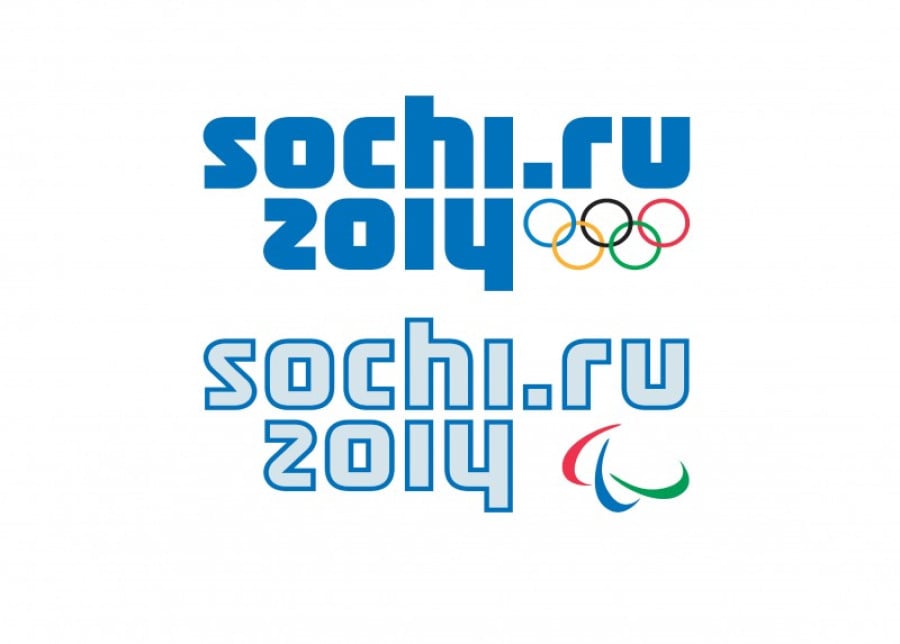The Missing Link*: the coming out of ambush marketing?

In terms of sporting mega events, 2014 promises to be quite a year. It begins in February with the Olympic Winter Games in Sochi, is followed by the FIFA World Cup in Brazil in June and finishes with the Commonwealth Games in Glasgow in July, a spectacular schedule in terms of major global sporting festivals occurring so close together.
Whilst the focal point of these events is, necessarily, the respective sport or sports themselves, perhaps unsurprisingly the focus of their build up is often on issues not associated with sporting prowess. The pregnancy of any edition of the Olympics is often more concerned with issues of eligibility and governance and on navigating the various commercial and political issues that have a direct or indirect impact on the Games, rather than the sporting specifics.
For Sochi, commentary has focused on alleged corruption, unfinished venues, the wisdom of holding a festival of snow and ice based winter sports in a sub-tropical zone and, perhaps most visibly, the impact of Russia's so called 'anti-gay' law. This is embodied in Article 6.21 of the Code of the Russian Federation on Administrative Offences, a somewhat vague provision that allows the government to fine, and potentially detain, individuals who promote propaganda relating to non-traditional sexual relations to minors.1 These provisions apply to both nationals and visitors and, as such, have a potential impact upon Sochi 2014 on a number of levels. Brazil is also suffering problems with completing its stadiums on time and against a backdrop of social and political unrest. Glasgow appears to have avoided any significant negative publicity to date, whilst pressing ahead with a unique anti-ambush marketing campaign.2 Games organisers have entered into an agreement with the major hoardings operators in the city that will allow official sponsors first refusal on sites located not just within Event Zones, which are subject to legislative regulation, but to outdoor media sites in their immediate vicinity, a further example of extending the reach of sponsors' advertising in tandem with the on-going creep of legislative regulation in this area.3
To continue reading or watching login or register here
Already a member? Sign in
Get access to all of the expert analysis and commentary at LawInSport including articles, webinars, conference videos and podcast transcripts. Find out more here.
- Tags: Advertising | Ambush Marketing | Intellectual Property | Russia | Sochi 2014 | Sponsorship
Related Articles
- Ambush marketing laws and the power of exclusivity: lessons from New Zealand and South Africa
- Sponsorships contracts: morality, reverse morality and integrity
- Potential legal issues arising from the Sochi Games, World Cup Brazil and Glasgow 2014
- The Games must go on: 2014 Sochi Winter Olympic Games and the National Hockey League
Written by
Prof Mark James
Professor Mark James re-joined Manchester Law School in January 2016. He began his academic career at Anglia Polytechnic University on a research scholarship, examining the scope of the consent given by participants in contact sports to injury-causing challenges. His first appointment at Manchester Metropolitan University was in 1997 to lecture in criminal law and sports law and to develop its innovative MA (Sport and the Law).
Guy Osborn
Guy Osborn is Professor of Law at the University of Westminster where he is a Director of the Centre for Law, Society and Popular Culture and the editor of the Entertainment and Sport Law Journal.





